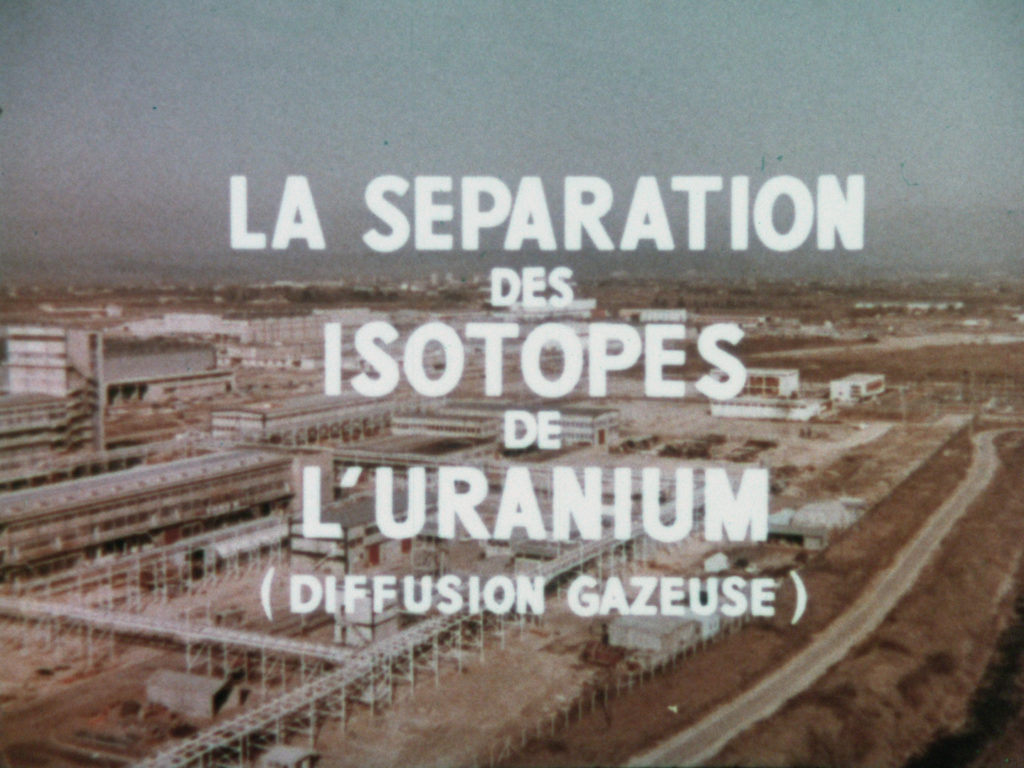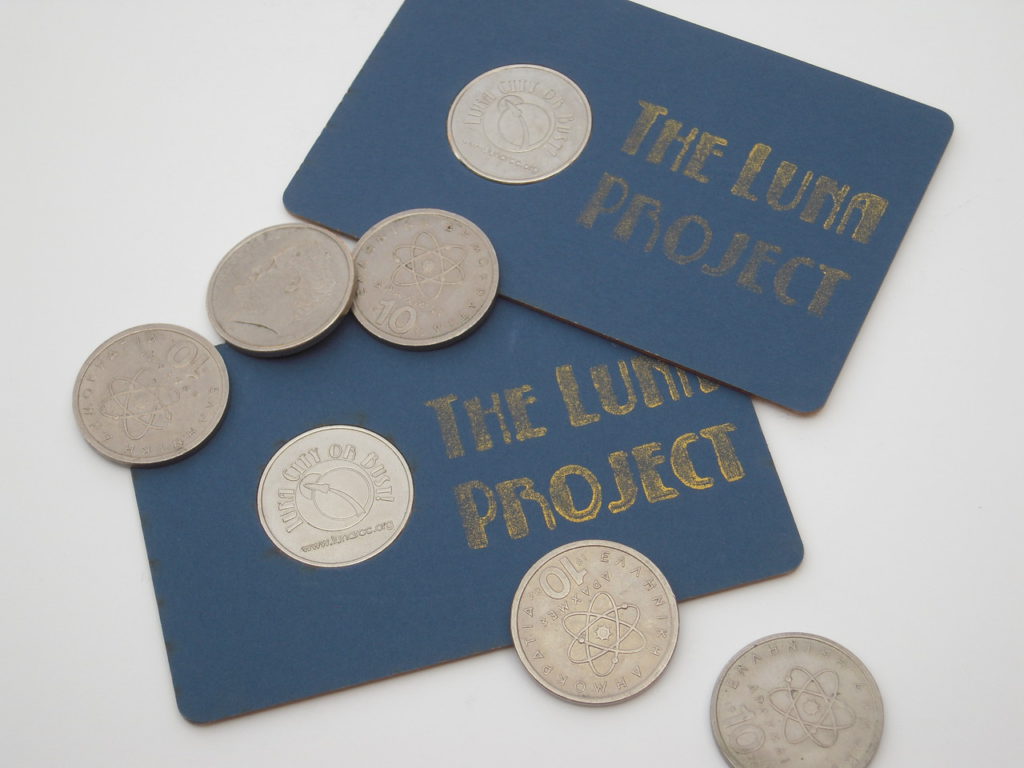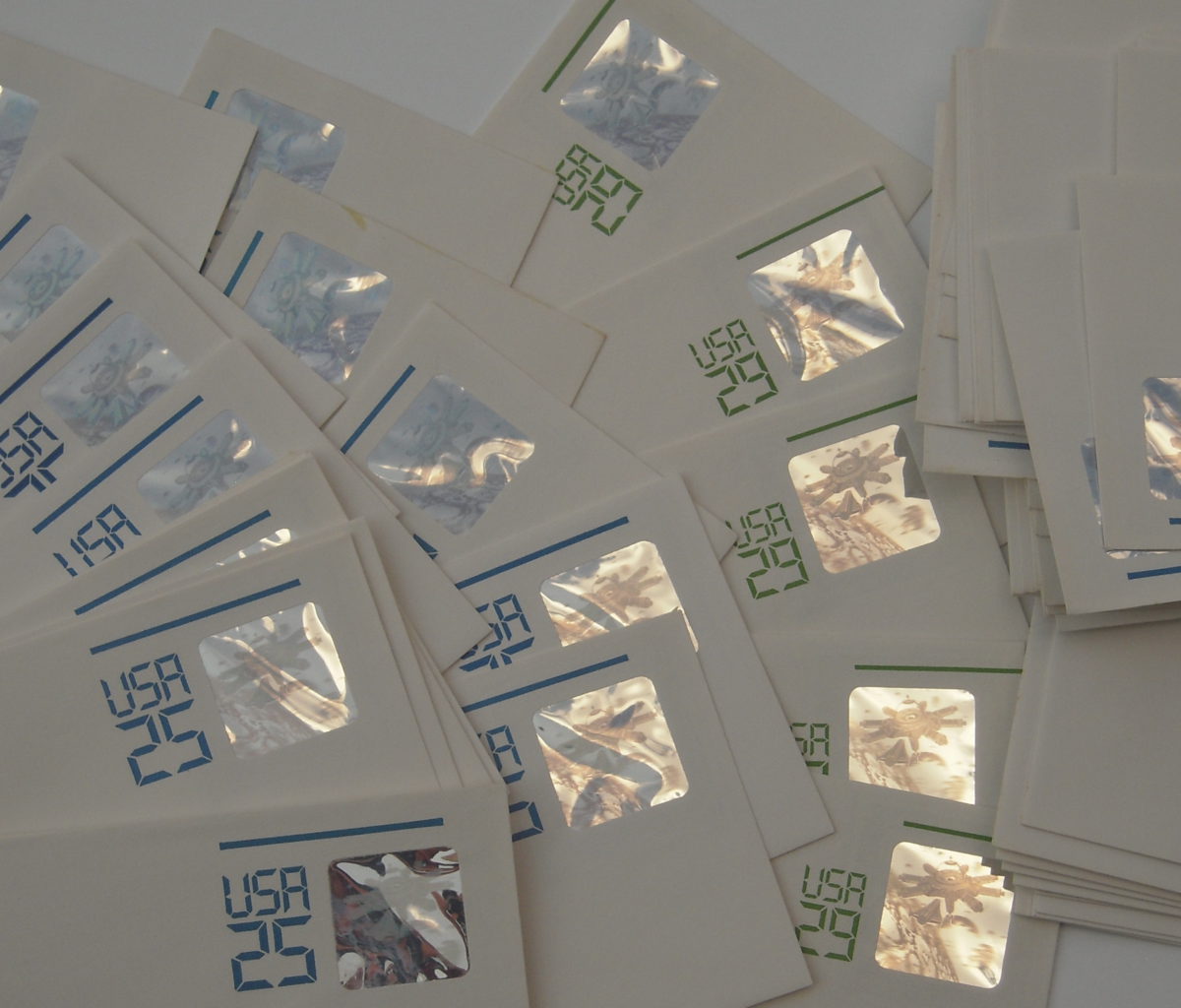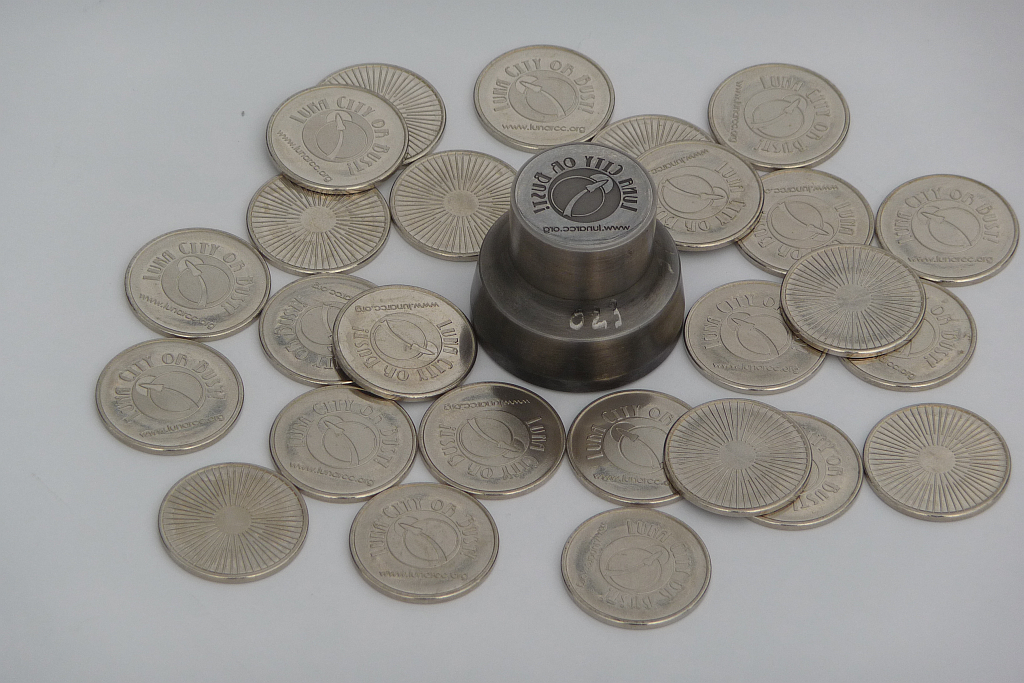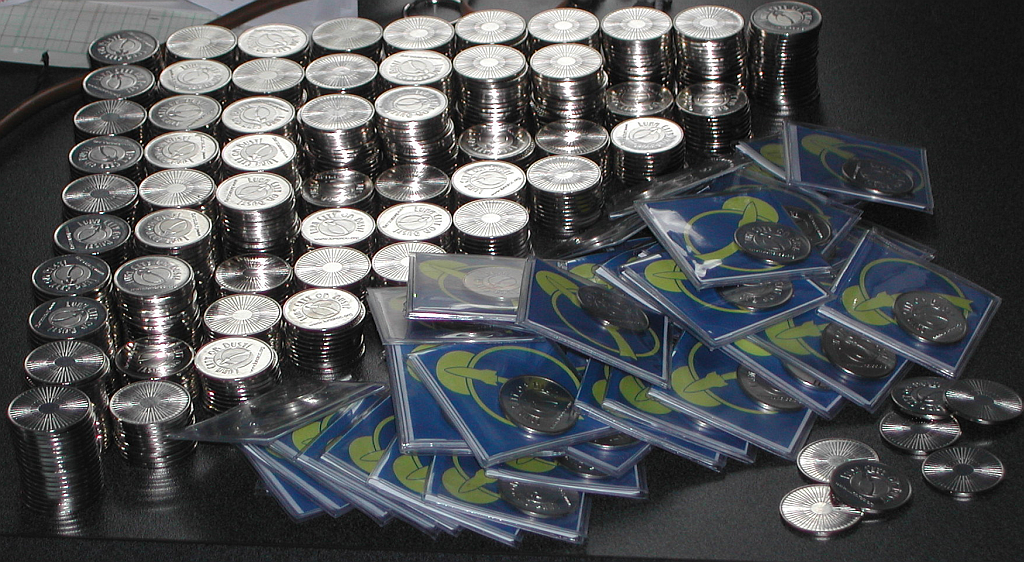A new film transfer for your viewing delight! A tease of something which patrons have seen and everybody will be able to see soon ; more about plastics recycling ; an extended discussion of the implication of rapid adoption of hand–held computers with radio data links ; and a few thoughts about the unexpected dystopian scenario in which so–called AI (which certainly is not “artificial intelligence” by any believable definition) is using humans as end effectors to destroy other humans. Skynet and its Terminators would arguably have been preferable!
- Archive Recording
- 2023 ASFO Masterpost
- A Step Farther Out Masterpost
- Previous Week
- Following Week
- Patreon campaign
Supplementary Shows
- 2023–12–18 DJ Marcus, in his “News to Me” timeslot, played a recording of US President Eisenhower’s famous “Atoms for Peace” speech, delivered 8 December 1953. We thank him for that!
- 2023–12–22 “Atomic Year 25”, and some other selections from Argonne National Laboratory and the American Nuclear Society on the subject of breeder reactors, in an attempt to provide some kind of commemoration for EBR–I.
